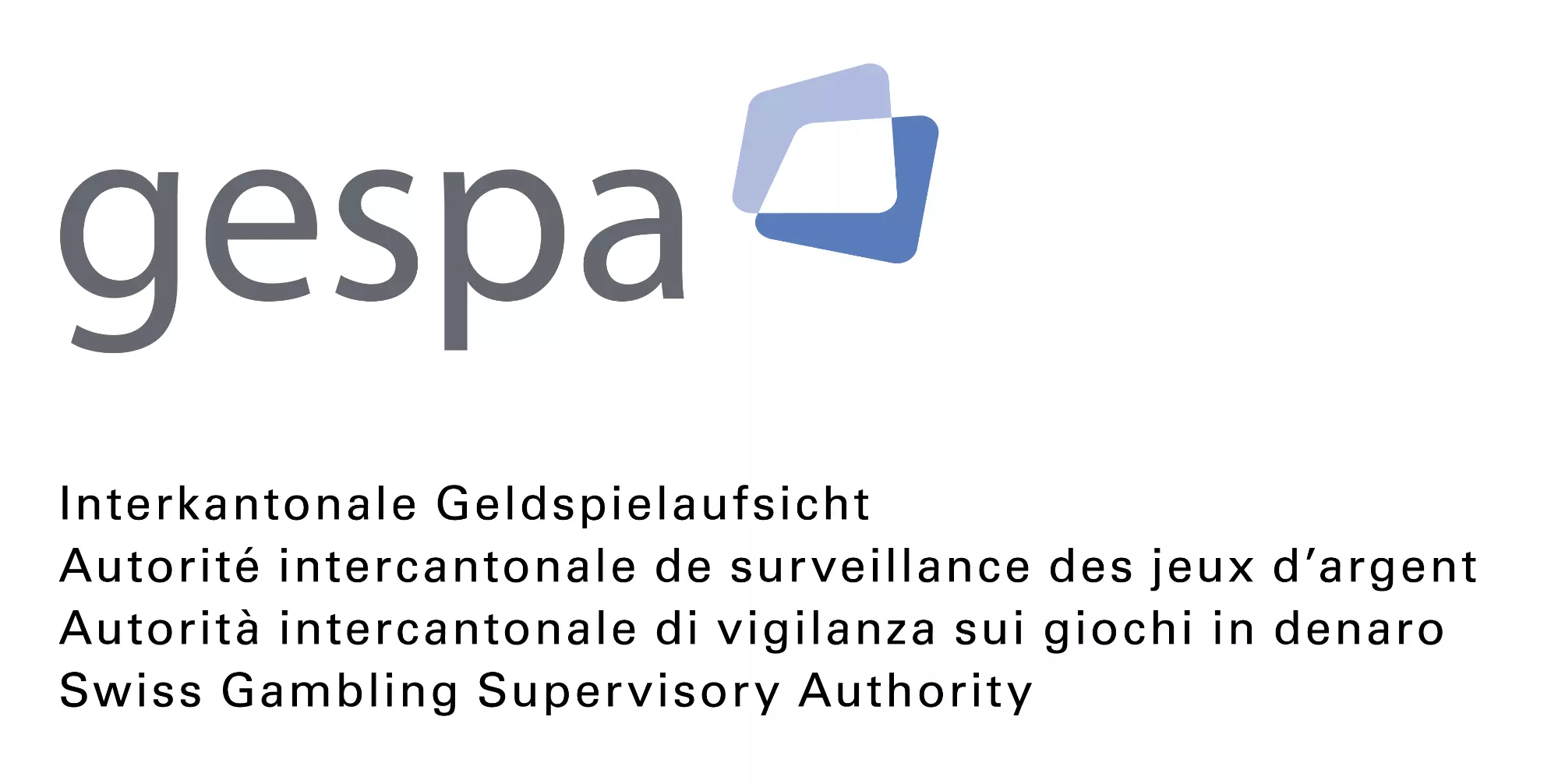Sucht Schweiz and GREA recently published an interesting study on the use of gambling by Swiss citizens. The focus of the survey was not exclusively on clarifying potentially problematic gaming behavior. It was more about capturing the entire market and its attractiveness and acceptance by the population in Switzerland. However, the proportion of potentially and clearly problematic issues was very striking.
The number of problem gamblers seems to be increasing, spending on gambling is increasing and more and more people are taking advantage of the corresponding offers.
These findings are particularly curious in that Switzerland, with the Gambling Act of 2019, has taken up the cause, among other things, of effectively restricting excessive gambling.

The Gambling Act came into force on January 1, 2019, replacing the Casino Act of 1998 with more differentiated, contemporary legislation. In particular, the regulations relating to online offers, which are clearly defined in the new provisions, had a major impact. Since then, operators who are not licensed in Switzerland have been technically locked out (at least to a large extent).
The Gambling Act has four main objectives, which according to the Federal Gaming Board (ESBK) are as follows:
The interest of the Swiss in gambling has de facto increased significantly since the Gambling Act came into force. The above study states that before the new regulation, around 25 percent of regular players were active weekly. By 2021, the number is expected to have risen to 30 percent.
According to the survey, the proportion of people who have acute gambling problems has more than doubled. It rose from 2.3 to 5.2 percent! Those who have what the study calls a moderate or problematic risk profile have also increased. This applies in particular to 18 to 29 year olds. A whopping 18.8 percent of players from this group are attributed to this area.
Last but not least, more and more money is being spent on gambling. Again it is the young adults who invest a lot. The average monthly is 162 francs (about 165 euros). Overall, the study shows an average of 105 francs (around 107 euros) per player and month. The money is preferably put into online lottery and digital scratch cards. Sports betting and online slot machines follow. Financial market bets are also on the rise.
According to Swiss media reports, the cantons are reacting to the increasing number of problems. In a joint or national prevention campaign, they primarily want to draw attention to the existing offers of help and care. According to the study, a third of the players do not know them at all.
The Gambling-Check.ch website is the center of attention here. Anyone who is interested can use it to discuss their gaming behavior. Advice on how to reduce your own risk is also given. The campaign is played out in particular via popular social media channels in order to reach as many people as possible.
To what extent or whether the Gambling Act has anything to do with the problem figures at all remains open in the study by Sucht Schweiz and GREA. However, it is striking that there have been such clear (potentially) negative changes over a relatively short period of time since the new provisions came into force. The probability is relatively high that the measures relating to the re-regulation of the market have at least partially failed in their purpose.
In Germany, too, not everything seems to be going as originally planned with regard to the current rules relating to online gambling. This is suggested, among other things, by Casinova’s own survey on the impact analysis of the GlüStV 2021.
Furthermore, Bloomberry is investing in its forthcoming integrated resort, Solaire North. This development is being…
The Schnick Schnack Schnuck game rules are very easy to explain. Two people stand opposite…
More than 180,000 US citizens have already had to leave their homes in the major…
The announcement by the Austrian gaming giant Novomatic that it is selling its local sports…
There is currently a lot of movement in the gambling market in the Netherlands -…
After years of stagnation, Brazil finally launched its own legal sports betting market on January…